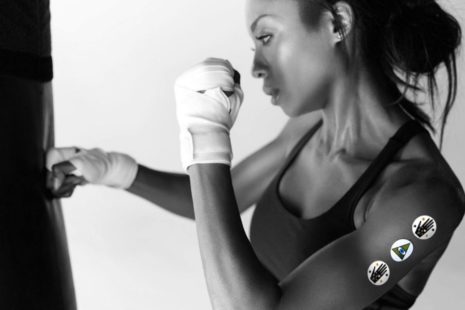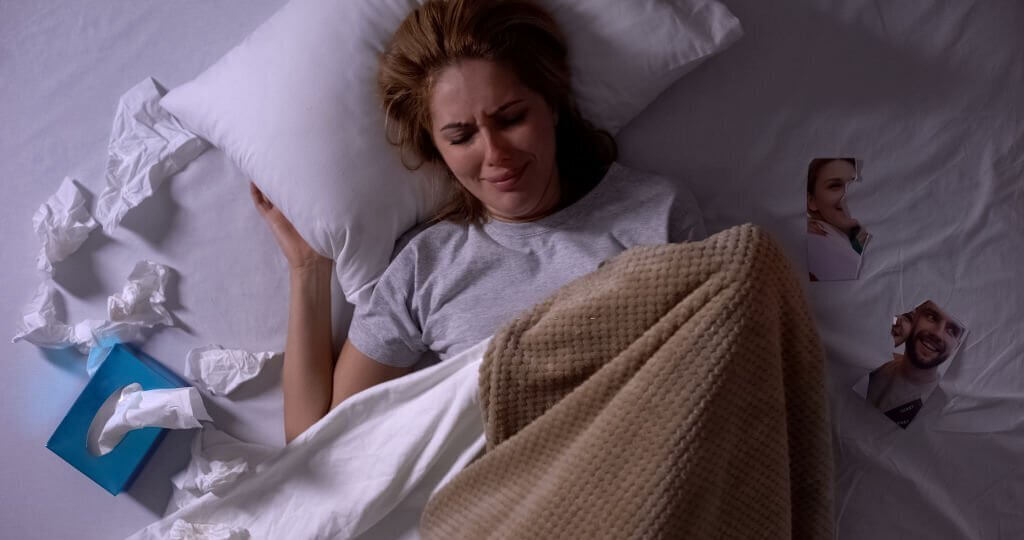The obsessive need to post selfies is a genuine psychological disorder according to scientists. We’re joined by Chloe Ward, an expert technician for Smart TMS, the UK’s leading mental health clinic specialising in transcranial magnetic stimulation, to talk to us about overcoming smartphone addiction…
Whether you have an iPhone, Samsung or any other brand of smartphone, the likelihood is that it spends much of its life in your hand. As around 70% of our digital media consumption comes through our smartphones, the chances are you are probably reading this on your phone too! However, as you are able to do so much more with your mobile it is becoming more and more tempting to waste hours away on your phone. However, the increased reliance that many of us have on our phones could potentially lead to an addiction to our smartphones. Chloe Ward, a Technician at Smart TMS, has outlined some of the reasons that could be causing your smartphone addiction, and the ways you can help to cut down your mobile usage.
What could be causing your Smartphone addiction?
Notifications
One of the top causes of a smartphone addiction is the expectation of something new – whether it be messages, updates or news. Mobile phones are hubs of information and they are constantly refreshing and seeing these fresh updates as and when they occur can spark our dopamine, the neurotransmitter which controls the pleasure response. The increase in dopamine levels when receiving a notification could be causing an addiction. Similarly, hearing your phone ring or buzz will encourage you to pick up your phone to see what is on the screen. If you do this enough, soon enough this behaviour will become an instinct and could, in turn, become an addiction.
Taking selfies and validation
The ability to take photos, and specifically photos of yourself, on your phone could be very addictive. In 2014 the American Psychiatric Association (APA) established ‘selfitis’, an addiction to taking selfies, as a psychological disorder. It is described as the ‘obsessive compulsive desire to take photos of oneself and post them on social media as a way to make up for the lack of self-esteem and to fill a gap in intimacy’. The ‘selfitis behaviour scale’ was established to assess the condition and runs on a scale of 1-100 and there are three stages:
1. Borderline – People who take three selfies a day, but don’t post them.
2. Acute – Those who actually post them
3. Chronic – Someone who takes and posts more than six times a day and has an uncontrollable urge.
It is easy to get addicted to taking selfies due to the idea of social acceptance with the social media world today, the number of views and ‘likes’ could give people a sense of validation and acceptance.
How can a smartphone addiction impact your life?
Anxiety and Tiredness
It is thought that an addiction to your smartphone could be causing a chemical imbalance in your brain which could lead to tiredness and anxiety in those that are addicted to their mobile phone. It was found that the balance of neurotransmitters in the brain in people that have an addiction to their phone was far different from those that did not have this reliance.
Your free time becomes dominated by your phone
Your smartphone offers many possibilities and the abundance of apps means that it is difficult to take some time out of your day to just be with your thoughts. Any hobbies or other activities can become replaced by spending time on your smartphone, you may choose to spend time playing a game rather than read a book or spend more time editing a photo of your meal for Instagram rather than actually eating it!
Similarly, some people find it difficult to spend time in a social setting and become tempted to use their phones even when in the company of other people.
You become reliant on your phone
An addiction to your smartphone could cause you to become reliant on your phone to complete simple tasks. This could reduce your ability to do normal tasks, such as finding out directions, or even being able to spell!
How can you reduce your smartphone usage?
If you are looking to cut down your smartphone usage, here are a few tips that might help:
– Try not to buy the newest, most feature-heavy phone. While having the newest all-singing all-dancing mobile may seem particularly tempting, if you don’t have all the newest features you won’t have the temptation to use them all the time
– Limit your apps. As well as potentially slowing your phone down and draining your battery, having an abundance of apps on your phone can be extremely distracting could encourage you to spend more time on it.
– Leave your phone in another room! This is particularly useful if you have an important task that you do not want to be distracted from. If you have a party or social planned, keeping your phones in another room can help keep you present in the moment. Similarly, if you’re are talking to someone in person try to not answer you phone (unless you REALLY have to!).
– Limit your usage, some smartphone manufacturers are now introducing a functionality where you can set yourself a certain number of hours (or minutes) in certain apps before it locks you out.
What should you do if you are addicted to your mobile?
There are many options that are available to help treat people with a smartphone addiction.
– Cognitive Behavioural Therapy (CBT): This looks into your thoughts and resulting behaviours, which could identify the root of an addiction. From there, it is easier to follow a path to recovery.
– Counselling: This can help with as it allows people to identify the source of their addiction. This could be talked through on a one-to-one basis, or even through support groups to help people deal with their addictions.
– Transcranial Magnetic Stimulation (TMS): TMS is a new form of non-invasive, medication-free treatment for addictions is available throughout the UK and Ireland at Smart TMS clinics. This form of treatment targets the addictive pathway on the left side of the brain by creating a magnetic field within the pathways within the brain. This is carried out through placing a magnetic coil over this specific region to restructure this specific pathway and has been found to be effective in many cases for addictions.
Chloe Ward is a Technician for Smart TMS, the UK’s leading mental health clinic specialising in transcranial magnetic stimulation.
















